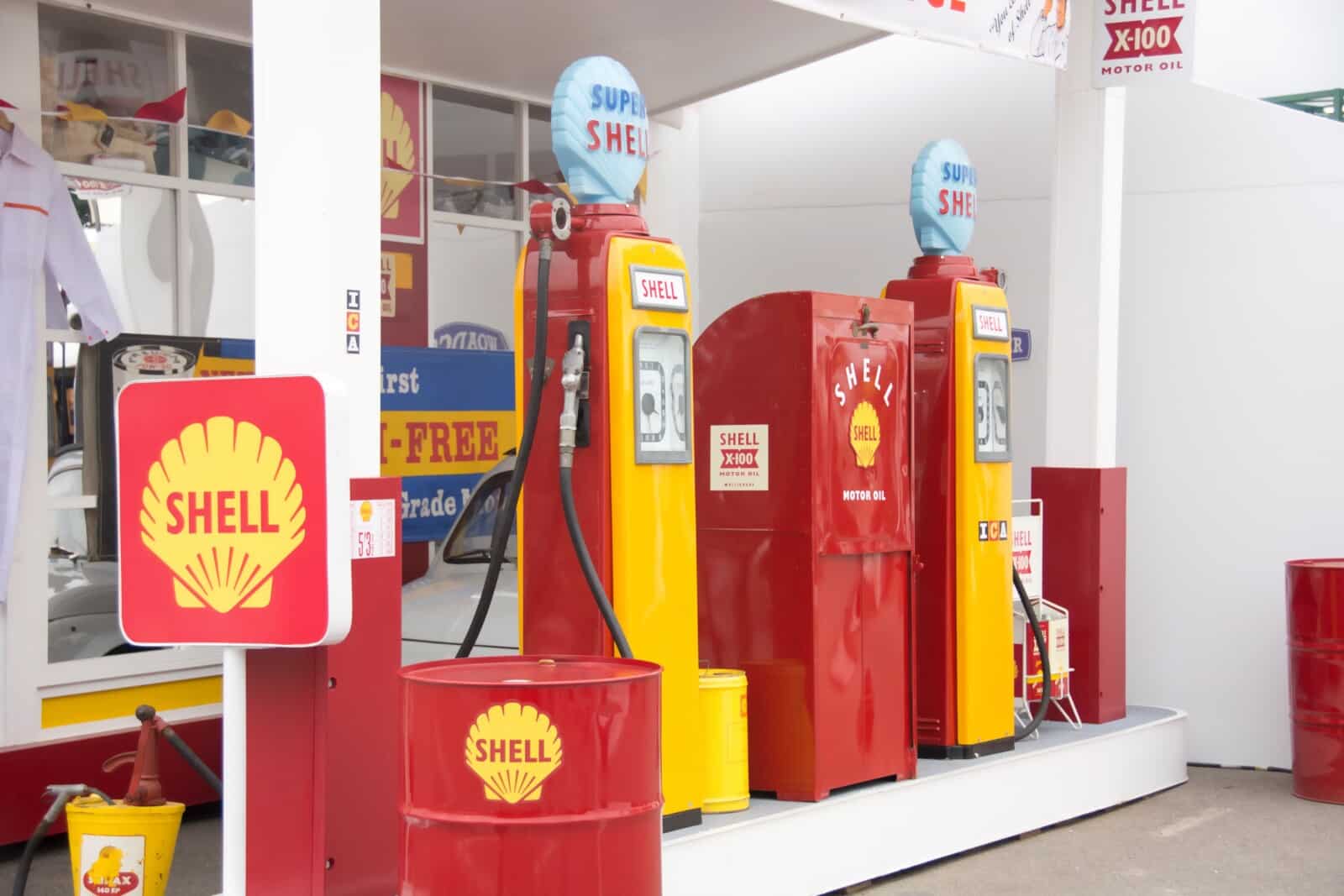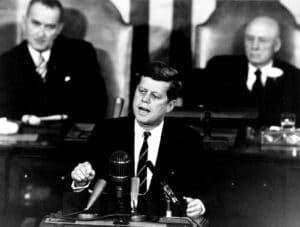The UK government has reached an agreement with the EU regarding substantial changes to the Northern Ireland Protocol, a component of the Brexit agreement that establishes Northern Ireland’s trade regulations. The new agreement should reduce trade barriers between the United Kingdom and Northern Ireland and introduces the concept of green and red lanes at Northern Ireland ports.
Businesses moving goods through the green lane will no longer be required to submit a “supplementary declaration” – a form that must be filled out after goods have arrived from the United Kingdom. Members of an existing scheme that are supermarkets and other large businesses will be automatically transferred to the United Kingdom Internal Market Scheme (UKIMS), along with a broader range of businesses.
Under the original terms of the protocol, the EU-considered higher-risk British products, such as fresh sausages, should have been prohibited in Northern Ireland. Now, the possibility of a ban has been eliminated permanently, as UK public health and safety standards will apply to all food and beverages sold in the UK internal market. According to the government, this eliminates over sixty EU food and beverage regulations from the original protocol.
The agreement also addresses the pharmaceutical industry’s concerns, allowing companies to produce a single medicine pack for the entire United Kingdom, including Northern Ireland. The EU’s Falsified Medicines Directive will no longer apply to Northern Ireland’s pharmaceutical supplies. According to the Association of the British Pharmaceutical Industry, this “appears to bring a return to a single UK market for medicines, providing our members with a permanent solution.”
Parcel shipments from businesses in the United Kingdom to consumers in Northern Ireland no longer require a customs declaration; however, authorised parcel operators must share data with the government to monitor and manage smuggling risks. The horticulture industry has also been affected, with plants and seeds moving under the existing UK-wide plant passport scheme, and the bans on seed potatoes and “high-risk” trees and shrubs being lifted this autumn.
Under the new agreement, Northern Ireland can deviate from EU rules on the structure of excise duties, allowing a new British plan centred on taxing alcoholic beverages based on their alcohol content to be implemented in Northern Ireland. The VAT agreement also allows the United Kingdom to apply reduced VAT rates to goods supplied and installed in immovable property located in Northern Ireland, even if the applicable UK VAT rate is lower than the EU minimum rate.
Archie Norman, chairman of Marks & Spencer and one of the retail industry’s most persistent critics of the Northern Ireland Protocol, has praised the new agreement, stating that it will reduce “burdensome” checks and controls and increase the availability of produce.
As part of the Brexit deal that establishes Northern Ireland’s trade rules, the United Kingdom has reached an agreement with the European Union on significant changes to the Northern Ireland Protocol. The agreement should reduce trade frictions between Great Britain and Northern Ireland and establish green and red lanes at Northern Ireland ports. Businesses moving goods through the green lane are no longer required to submit a “supplementary declaration,” and existing scheme members will be automatically transferred to the United Kingdom Internal Market Scheme (UKIMS).
The agreement eliminates more than 60 EU food and beverage regulations from the original protocol, including proposed bans on British fresh sausages entering Northern Ireland. It also addresses concerns raised by the pharmaceutical industry, enabling companies to produce a single medicine pack for the entire United Kingdom, including Northern Ireland. Businesses in the United Kingdom that send packages to consumers in Northern Ireland will no longer be required to submit a customs declaration, and the existing UK-wide plant passport scheme will apply to the movement of plants and seeds.
Under the terms of the new agreement, Northern Ireland can deviate from EU rules on excise duties and VAT, meaning that reduced VAT rates can be applied to goods supplied and installed in Northern Ireland, even if they are below the EU minimum rates. Archie Norman, chairman of Marks & Spencer, praised the agreement, stating that it will reduce “burdensome” checks and controls and increase the availability of produce.
As part of the Brexit deal, the British government has announced a major agreement with the EU regarding modifications to the Northern Ireland Protocol. The changes should significantly reduce trade frictions between Great Britain and Northern Ireland by introducing green lanes and red lanes at Northern Ireland ports and removing over 60 EU food and drink regulations from the original protocol, including proposed bans on the importation of fresh sausages from Great Britain.

















